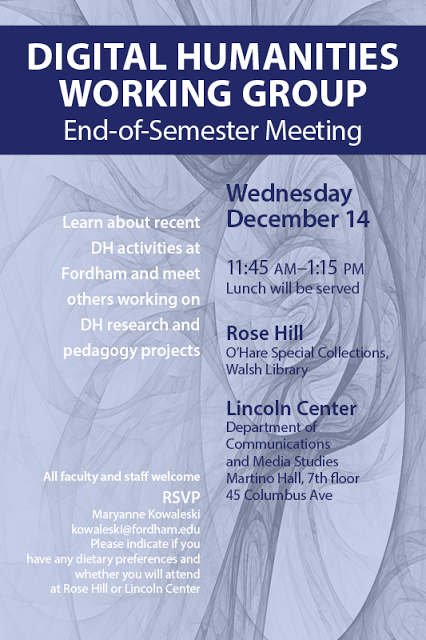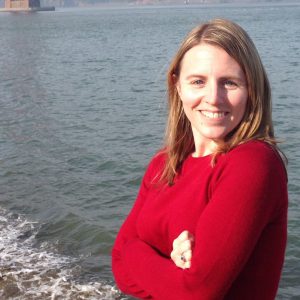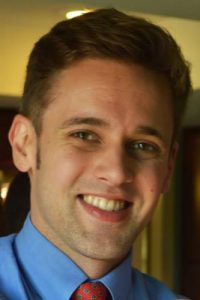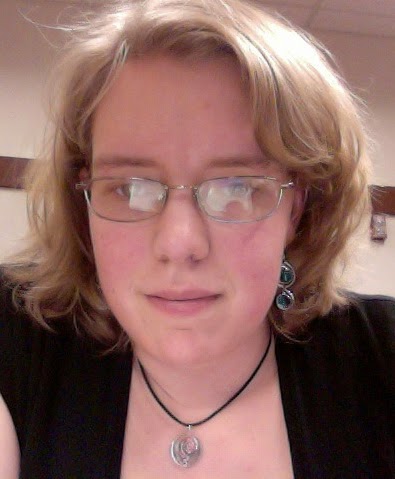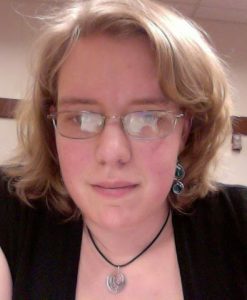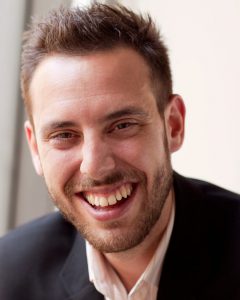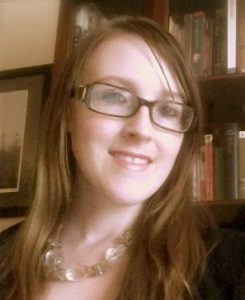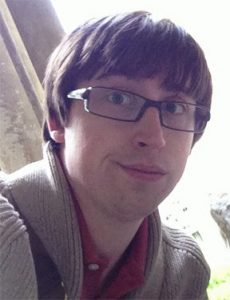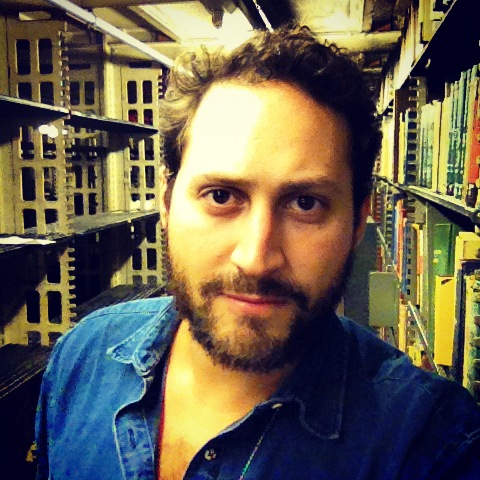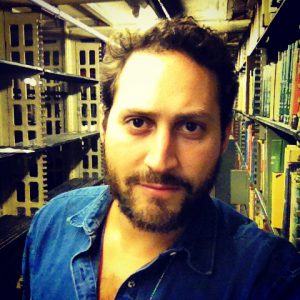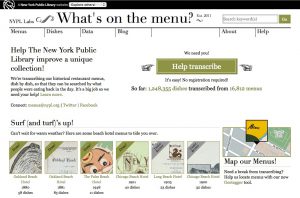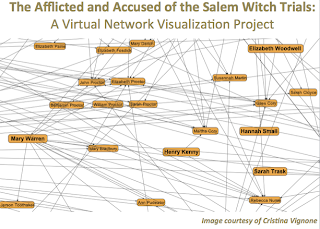The Fordham Digital Humanities Working Group and the Graduate School of Arts and Science are pleased to announce the 2015-2016 HASTAC Scholars: Christy Pottroff (PhD candidate, English) and Tobias Hrynick (PhD candidate, History). Our HASTAC Scholars represent Fordham’s lively digital humanities community in HASTAC’s distinguished, international online forum. In their roles as HASTAC Scholars at Fordham, they will contribute to the campus digital humanities dialogue by organizing workshops, reading groups, writing blog posts about their work, and other activities. HASTAC Scholars are generously funded by the GSAS.
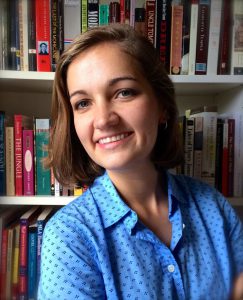
Christy L. Pottroff is a Ph.D. candidate in English where she specializes in nineteenth-century American literature, queer and feminist theory, and digital humanities. Her dissertation, “The Mail Gaze: Early American Women’s Literature, Letters, and the Post Office, 1790-1865,” examines the fascinating and understudied influence of the United States Postal Service on women’s participation in early national literature and politics. Christy has received fellowships from the Omohundro Institute of Early American History and Culture, Santander Universities International, and Fordham University. Recently, she was awarded first-place in the NYC Digital Humanities Graduate Student Digital Project Award. Pottroff is a teaching fellow, co-editor of Rhetorikos: Excellence in Student Writing, and is a co-coordinator of the Fordham Digital Humanities Graduate Student Group Last year, she the 2014-15 Digital Humanities Campus Scholar. Christy is also a member of Fordham’s LGBT and Ally Network of Support. She has an MA in cultural studies and a graduate certificate in women’s studies from Kansas State University.
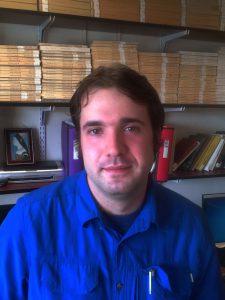 Tobias Hrynick is a PhD student in the History Department. He has an MA in Medieval Atudies from Fordham, and a BA in English and History from the University of Maine. His chief area of study is high and late medieval environmental history, particularly of wetlands. He is also interested in medieval mapping and digital mapping as a tool of modern historians. Recenly Toby has collaborate with two digital mapping projects of Fordham’s Center for Medieval Studies: “Exploring Place in the French of Italy,” and “The Oxford Outremer Map.”
Tobias Hrynick is a PhD student in the History Department. He has an MA in Medieval Atudies from Fordham, and a BA in English and History from the University of Maine. His chief area of study is high and late medieval environmental history, particularly of wetlands. He is also interested in medieval mapping and digital mapping as a tool of modern historians. Recenly Toby has collaborate with two digital mapping projects of Fordham’s Center for Medieval Studies: “Exploring Place in the French of Italy,” and “The Oxford Outremer Map.”
This year’s 2015-16 Campus Digital Scholars are Boyda Johnstone and Alex Profaci. The Campus Digital Humanities Scholars program fosters digital scholarship among the graduate student body by providing mentoring and support to new members of the community. The Campus DH Scholars are generously funded by the GSAS.
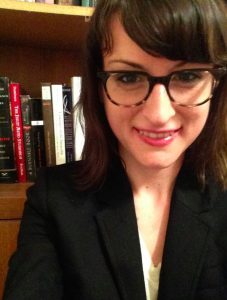
Boyda Johnstone is a PhD Candidate in the Department of English and current co-organizer of the Fordham Graduate Digital Humanities Group. Her dissertation examines dream culture and interpretation in the late Middle Ages. This interdisciplinary dissertation examines the groundswell of interest in dreams and visions between the thirteenth and fifteenth centuries in England. Boyda’s publishing credits include reviews and articles for Medieval & Renaissance Drama in England, Early Theatre, and Editing, Performance, and Texts. She is an active blogger for the collaborative feminist academic Hook & Eye, a popular Canadian feminist academic blog, which was recently cited in the SSHRC/McGill “White Paper on the Future of the PhD in the Humanities” as a useful professionalization resource for PhDs.
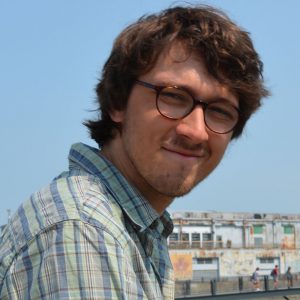
Alexander Profaci is in his second year of the MA program in Medieval Studies, where he studies the historiographic culture of England, France and Spain. He is interested in how digital visualizations can help scholars to reassess the production of historical texts in medieval Europe. Beyond this, he is also interested in the theoretical implications of digitizing texts and manuscripts. At the Center for Medieval Studies, Alexander is currently doing digital maintenance work and research for the “Oxford Map Project,” affiliated with the Center’s “French of Outremer” digital humanities project.
This year’s jurors for the HASTAC and Campus Digital Scholar awards were members of the Steering Committee of Fordham’s Digital Humanities Working Group.
